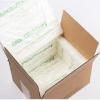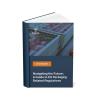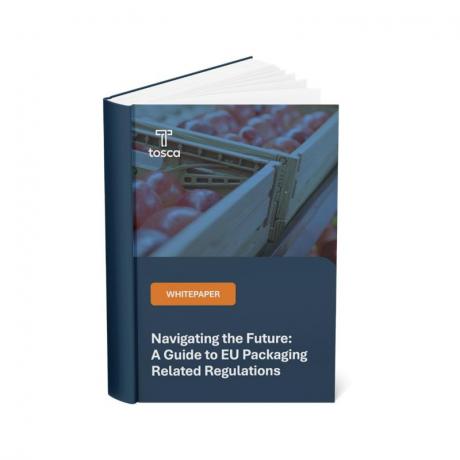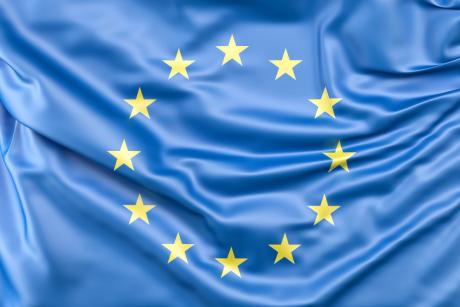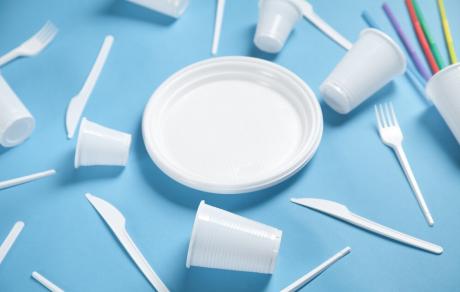With 56 votes in favour, 23 against and 5 abstentions, the European Parliament's Environment Committee has approved the European Commission's proposal for a Regulation on packaging and packaging waste to replace the Directive in force since 1994. The proposed Regulation will now be voted on by the Parliament during its second plenary session in November.
Speaker Frédérique Ries said:
The Environment Committee has sent a strong message in favour of a complete overhaul of the European packaging and packaging waste market. There can be no effective recycling or re-use policy without safe packaging, so the ban on intentionally added harmful chemicals is a major victory for the health of European consumers. We also made sure that environmental ambitions matched industrial reality, with a report focusing on innovation and an exemption for companies with fewer than ten employees.
MEPs want to ban the sale of plastic bags less than 15 microns thick unless they are essential for hygiene reasons or used as primary packaging for bulk foods to prevent food waste. In addition to the general packaging reduction targets proposed in the regulation, MEPs also want to set specific targets for reducing plastic packaging waste (10% by 2030, 15% by 2035 and 20% by 2040). The plastic part of the packaging should contain a minimum percentage of recycled material, depending on the type of packaging, with specific targets for 2030 and 2040. In addition, by the end of 2025, the Commission should consider proposing sustainability targets and criteria for bio-based plastics, a key resource for 'de-fossilising' the plastics economy.
MEPs also proposed a distinction and clarification of the requirements for reusable and refillable packaging. Reusable packaging should meet a number of criteria, including a minimum number of reuses (to be defined at a later stage). Retailers of drinks and food to go in the HoReCa sector should instead offer consumers the option of using their own container. In addition, MEPs want to ban the use of intentionally added 'forever chemicals' (PFAS) and bisphenol A in food contact packaging. These substances are widely used to make packaging (particularly paper and board food packaging) fire and water resistant and have been linked to a number of adverse health effects.
Finally, the proposed measures also include stricter requirements for all packaging in the EU to be considered recyclable, with the Commission tasked with adopting criteria to define packaging that is 'designed for recycling' and 'recyclable at scale'; a guarantee by EU countries that 90% of the materials contained in packaging (plastic, wood, ferrous metals, aluminium, glass, paper and board) will be separately collected by 2029; and a requirement for online service providers to comply with the same extended producer responsibility obligations as manufacturers.


